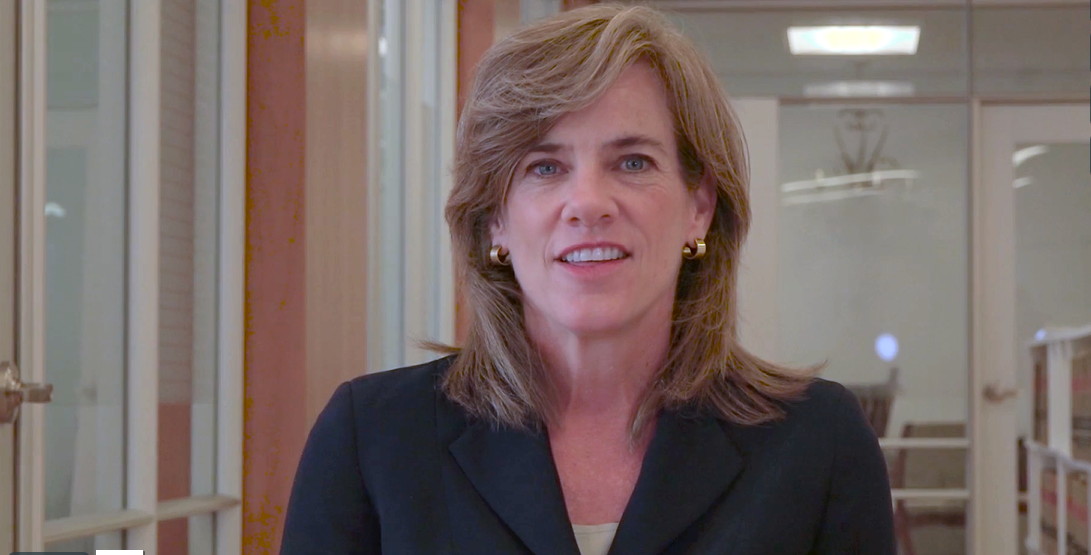Missouri’s ban on taxpayer funding for churches does not represent hostility toward religion but rather is a time-tested means of protecting religious liberty and the separation of church and state, claims a new brief filed at the U.S. Supreme Court by the Baptist Joint Committee for Religious Liberty.
Wading into a case involving a Lutheran church in Columbia, Mo., which was denied participation in a state solid-waste program that recycles used tires to create safe surfaces on children’s playgrounds, the Washington-based religious liberty watchdog coalition argued the First Amendment to the U.S. Constitution does not require state governments to fund houses of worship.
BJC attorneys Holly Hollman and Jennifer Hawks reminded justices that the constitutional ban on government establishment of religion comes out of a period of history in which dissenters, including Baptists, specifically opposed taxpayer funding of churches.
“Far from demonstrating hostility toward religion, this provision serves to protect religious liberty by recognizing the separation between institutions of religion and government,” Hollman said in a video explaining the BJC brief.
Hollman, BJC general counsel and lawyer of record in the Supreme Court brief, said houses of worship and the government have separate funding sources and different roles and responsibilities to play.
“Religious institutions, and churches in particular, have long been recognized as vehicles for religious expression and practice with autonomy interests protected by the Religion Clauses,” the brief stated. “These entities receive legal advantages, such as exemptions from certain employment laws to facilitate free exercise, to protect against government interference with religious practice.”
“Likewise, religious institutions may be subject to exclusions from government funding, in part because religion so pervades their purpose and functions that any government aid risks government financing of religious experience,” the argument continued.
“Religious liberty does sometimes mean treating religion differently,” Hollman explained at a recent luncheon during the Cooperative Baptist Fellowship General Assembly in Greensboro, N.C. “Sometimes that means something that almost seems like a special benefit. Sometimes it means it kind of feels like a special detriment — you don’t get everything that other people get.”
Hollman reminded 750 people at the BJC’s Religious Liberty Council Luncheon June 24 that the idea of no establishment of religion comes out of a particular period in American history “where establishment meant tax support for churches.”
“That’s our history. That’s what we’ve broken away from. So we shouldn’t take lightly challenges that would say treat churches like everything else, fund them like everything else.”
“If you fund them like everything else, you’re probably going to regulate them like everything else,” Hollman continued. “After a while the autonomy of the local church, the important special role that religious liberty plays in our society, is then hampered.”
An opposite view was taken by another brief filed in April by the Ethics and Religious Liberty Commission of the Southern Baptist Convention. The ERLC brief argued that churches should not be “discriminated against” in programs dispensing government aid.
“Nobody need fear an established church by means of a recycled tire surface on a playground,” the ELRC brief argued.
The SBC moral concerns and public policy agency cited concern not only with “unjustified treatment” of Trinity Lutheran Church but also “with the overall trend of churches and religious actors being excluded from participating in government programs.”
“This disturbing trend cuts against the values undergirding the Free Exercise, Establishment and Equal Protection Clauses, which protect religion from being treated with hostility,” the ERLC brief stated.
The BJC brief said the church’s argument that it should be entitled to participate in the playground safety program because there is nothing “inherently religious” about recycled rubber could by logical extension justify the government spending money to build a church, because there is nothing “inherently religious” about concrete and other building materials.
“The issue is not whether the playground surface is inherently religious, but it’s whether the state government must fund an upgrade to a church playground despite a state constitutional ban on funding churches,” Hollman said in a news release.
BJC Executive Director Brent Walker said the Establishment Clause simply does not permit outright government funding or grants to churches and other houses of worship.
“We do not look to government subsidies to build houses of worship,” Walker said. “We should not fund capital improvements that way either.”
Previous story:
ERLC says taxpayer funding of recycled tires on church playground not an establishment of religion

